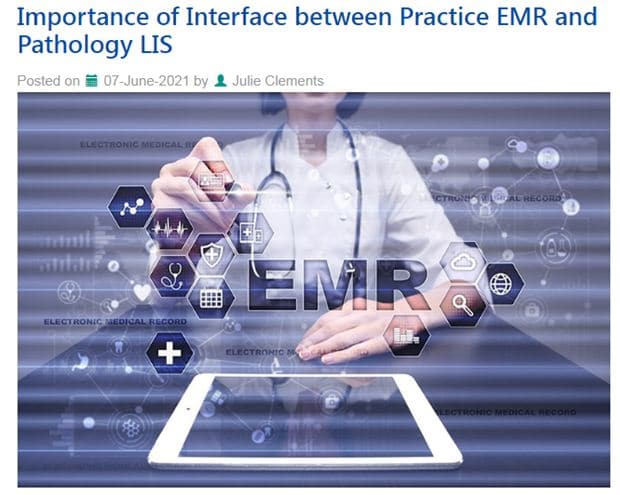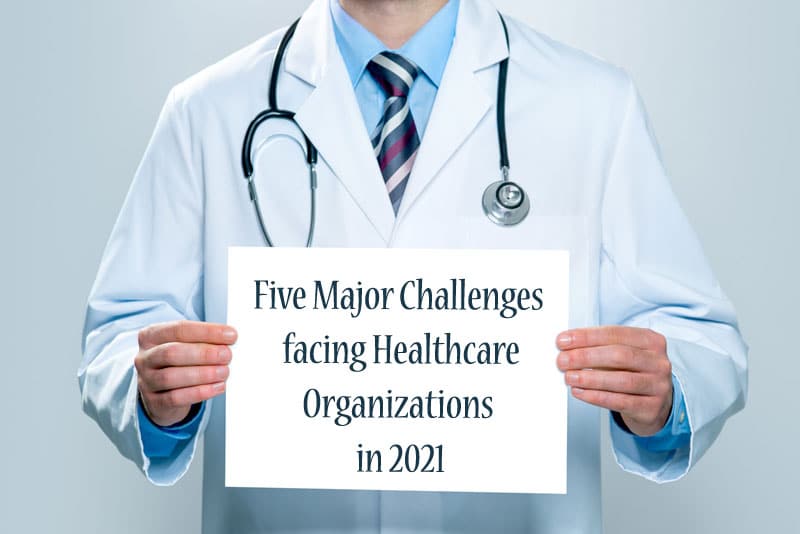 Recent studies show that data breaches in US healthcare organizations cost providers more than $6 billion a year, and that hospitals and clinics still lack the ability to protect their patient healthcare records. Among the important challenges that healthcare establishments face in 2013 are implementation of electronic health records, achieving Meaningful Use requirements, and upgrading IT infrastructure.
Recent studies show that data breaches in US healthcare organizations cost providers more than $6 billion a year, and that hospitals and clinics still lack the ability to protect their patient healthcare records. Among the important challenges that healthcare establishments face in 2013 are implementation of electronic health records, achieving Meaningful Use requirements, and upgrading IT infrastructure.
The average healthcare organization sustained significant data breaches in the past two years. The common reasons for data breaches were unintentional employee action, lost or stolen computers, unsecured file transfer, and third party error. No responsible healthcare organization can afford such data breaches. Here are some important steps that can help eliminate security threats and protect patient data:
- No user involvement in data backups: in order to rectify and eliminate data security threats, organizations need to implement automated, centrally deployed data backup processes.
- Centralized and granular data access control: health care organizations must implement more granular and centralized data access control to minimize data security threats.
- Data encryption protocols: measures like FTP, browser-based 256 bit encryption, Safeboot, PGP and so on should be used for the safe transfer of files through the Internet.
- Ability to track data changes: a backup solution that can provide a previous version of files should be employed so that healthcare organizations have greater control over data and can minimize security risks.
- Safe and simple data recovery: an endpoint solution which provides safe and easy data recovery should be employed in organizations, which would increase operational benefits and reduce overhead costs.
- Protecting data from third party access: measures should be implemented to prevent access of data by a third party. Computers should be password protected; employees should be screened and monitored on security.
- HIPAA compliant medical transcription: the healthcare facility should outsource its medical transcription only to a HIPAA-compliant medical transcription company. This will ensure utmost safety for patient data.


